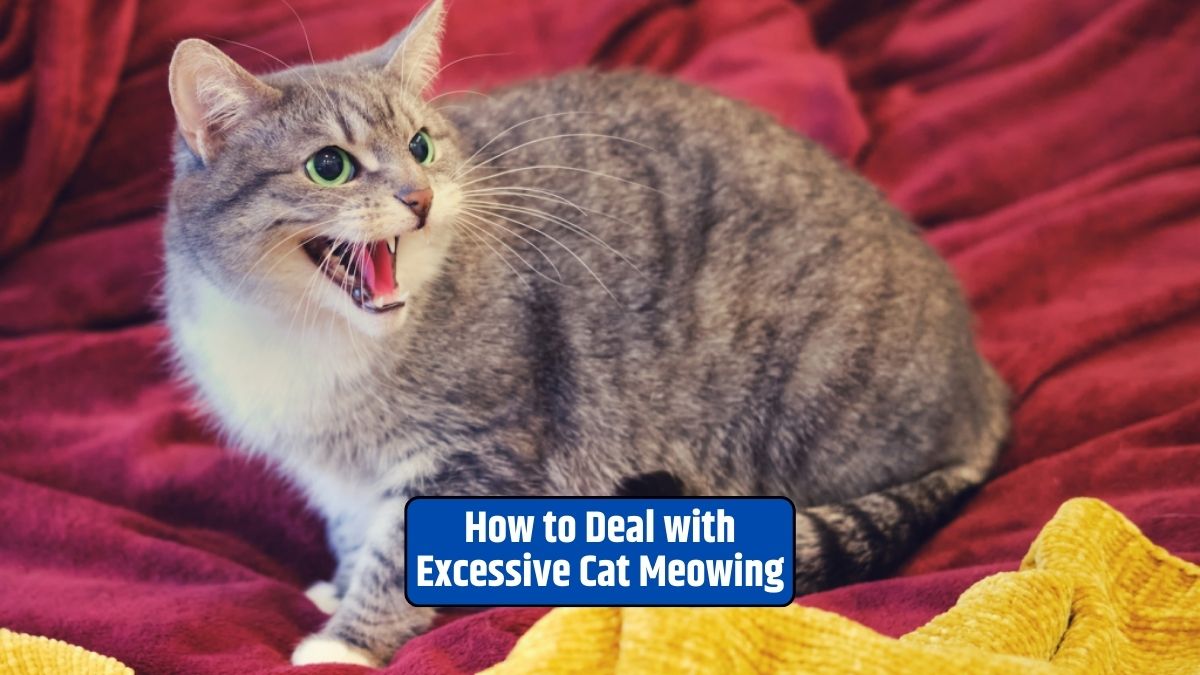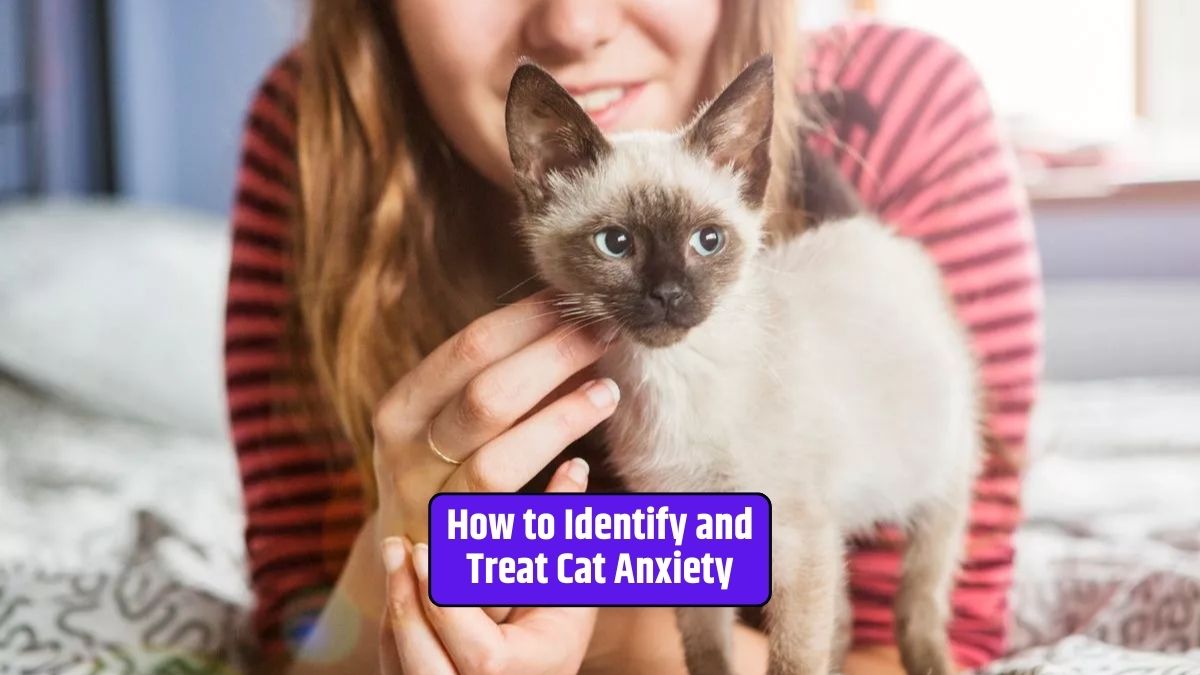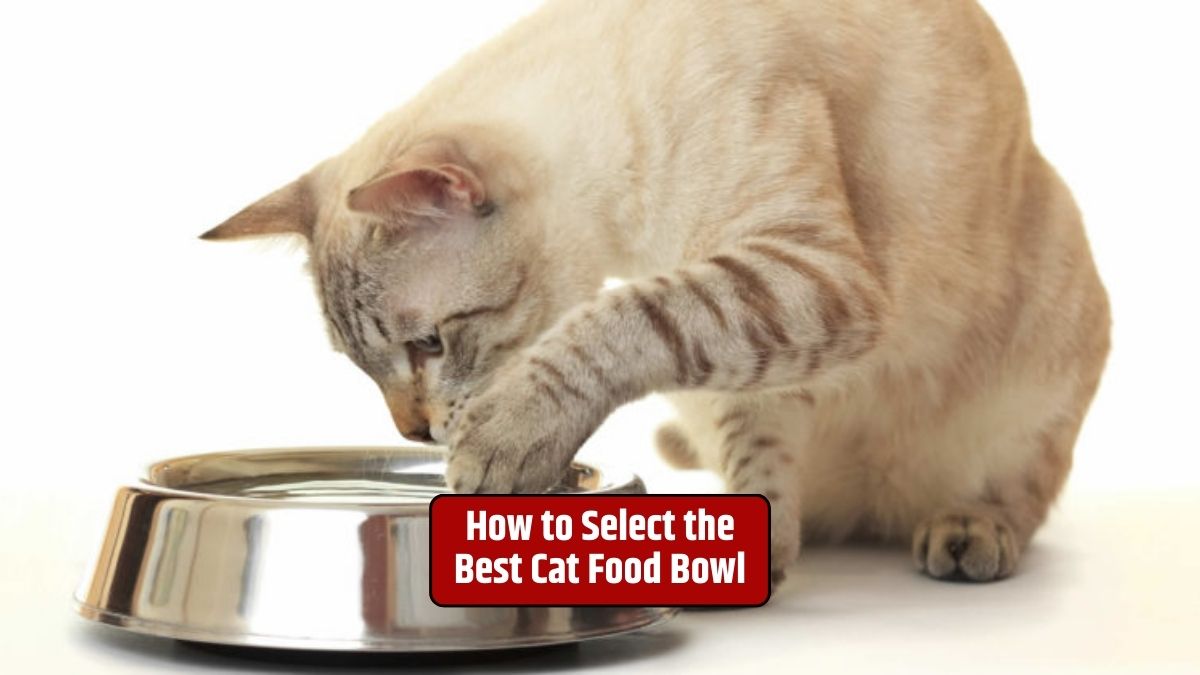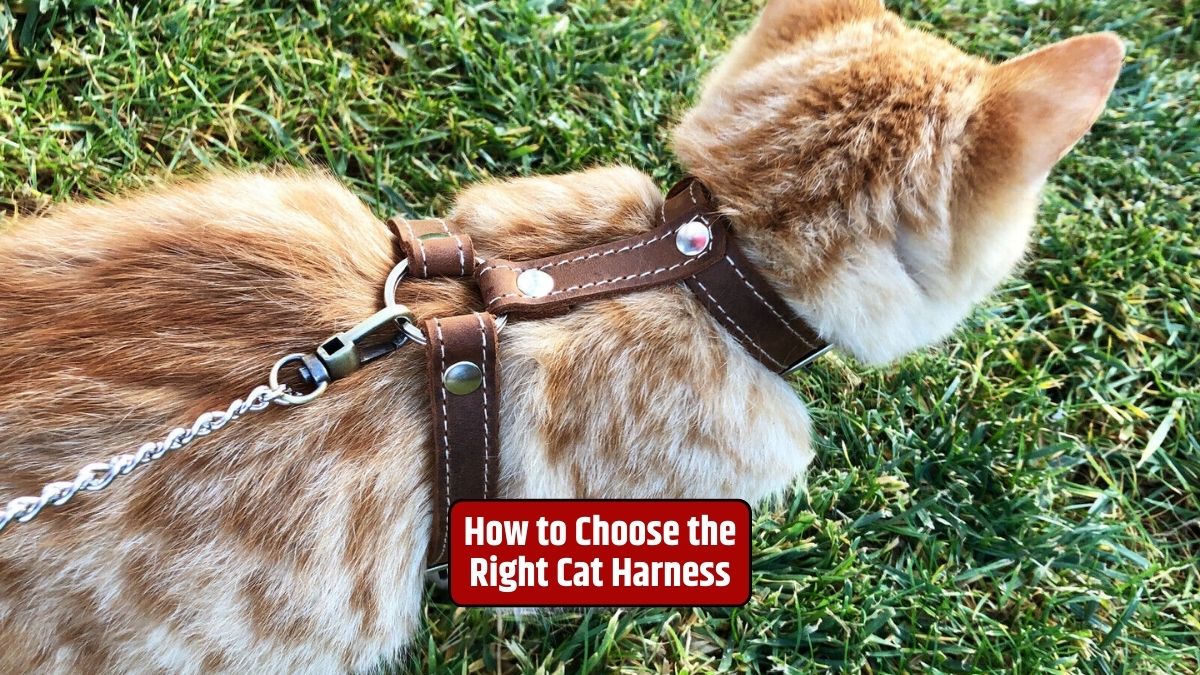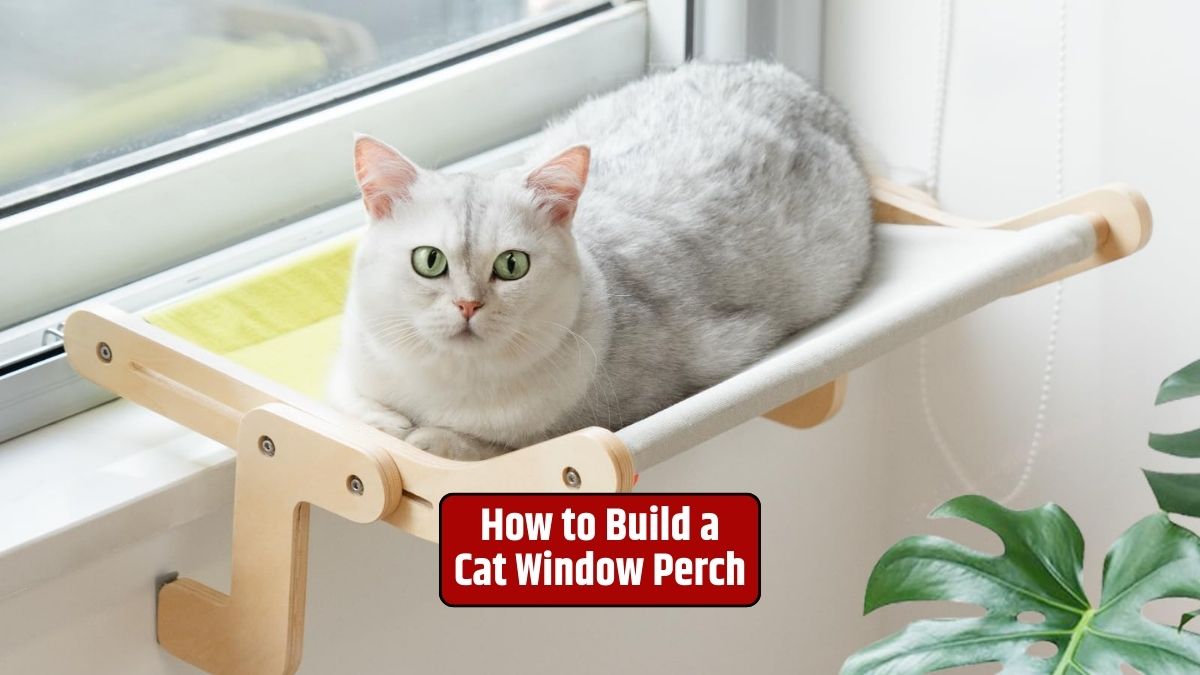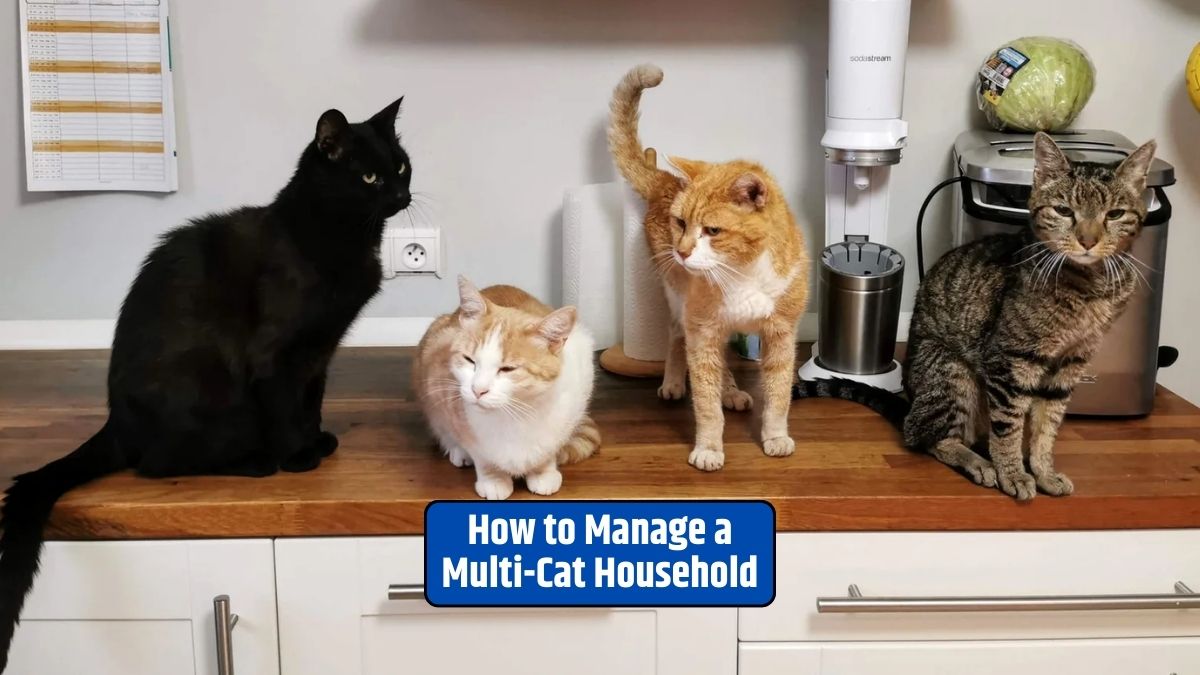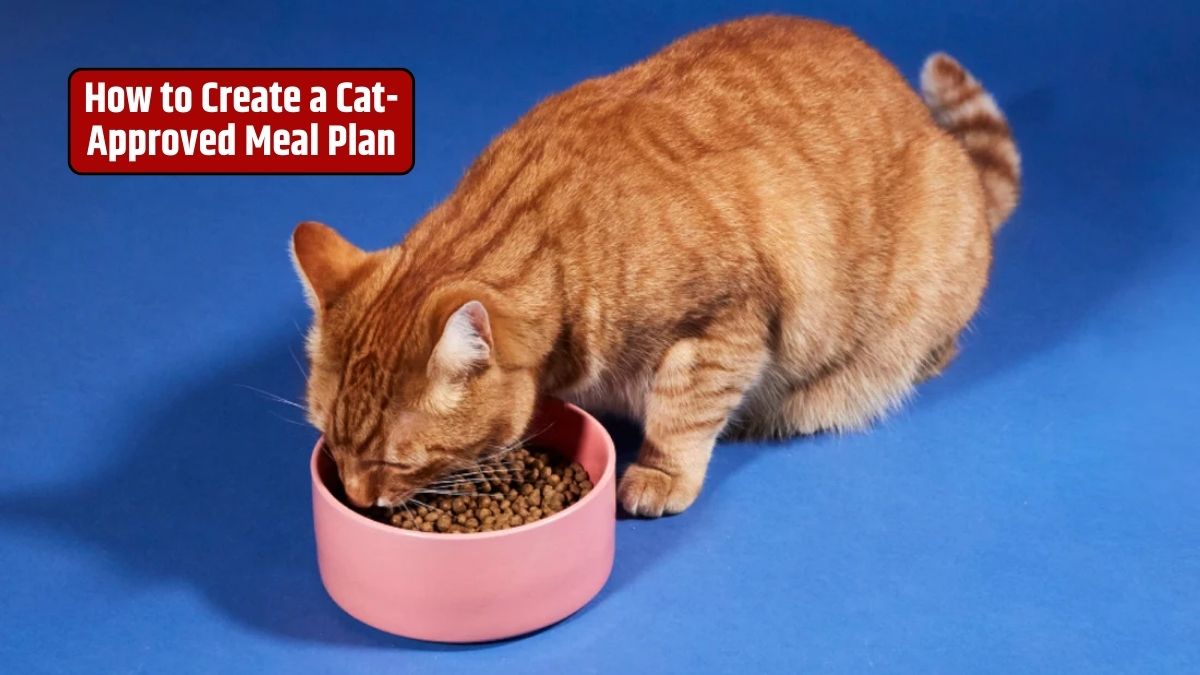Cats are known for their vocal nature, and meowing is their primary way of communicating with us. However, when the meowing becomes excessive, it can be a sign of underlying issues that need attention.
Cat’s Meows
Before we dive into solutions, let’s understand why your cat might be meowing so much.
1. Hunger
Cats are creatures of habit, and they often associate mealtime with specific cues. If your cat meows for food, they may be genuinely hungry or merely seeking your attention.
2. Attention-Seeking
Cats are experts at capturing our focus. Excessive meowing can be a way for them to demand your attention, whether it’s for playtime, cuddles, or simply to be by your side.
3. Stress and Anxiety
Stressed or anxious cats may resort to meowing as a coping mechanism. Major changes in their environment, new people, or the presence of other animals can trigger anxiety-related meowing.
4. Medical Issues
Sometimes, excessive meowing is a cry for help. Cats may meow more when they’re in pain or experiencing a medical problem. It’s essential to rule out any underlying health issues.
Effective Strategies
Now that we understand the reasons behind the nonstop meowing, let’s explore effective strategies to address this behavior.
1. Establish a Routine
Cats thrive on routines. Establish consistent feeding times, play sessions, and cuddle time. Predictability can help reduce attention-seeking meows.
2. Enrichment
Provide plenty of play and mental stimulation for your cat. Toys, puzzles, and interactive play sessions can tire them out, reducing their need for attention through meowing.
3. Food Puzzles
Consider using food puzzles or slow-feeders to make mealtime more engaging. This not only stimulates your cat’s mind but also extends the time they spend eating.
4. Address Stressors
Identify and address any stressors in your cat’s environment. Whether it’s a new pet, a change in your schedule, or other cats in the neighborhood, mitigating stress can reduce meowing.
5. Vet Checkups
If you suspect a medical issue, it’s crucial to schedule a vet visit. Pain or illness can cause excessive meowing, and early diagnosis is key to addressing these problems.
Conclusion
Excessive cat meowing can be both frustrating and concerning, but understanding the reasons behind it is the first step toward finding a solution.
By establishing a routine, providing mental and physical enrichment, addressing stressors, and scheduling regular vet checkups, you can help your feline friend find healthier ways to communicate their needs.
FAQs
Is excessive meowing a sign of a medical problem?
Yes, it can be. If your cat’s meowing suddenly increases or changes, it’s essential to consult with a veterinarian to rule out any underlying health issues.
What if my cat meows excessively when I leave for work?
This can be a sign of separation anxiety. Gradual desensitization and providing stimulating activities while you’re away can help ease this behavior.
Are some cat breeds more prone to excessive meowing?
Some breeds, like Siamese and Burmese cats, are known for being more vocal than others. However, excessive meowing can be seen in any breed.
Should I punish my cat for excessive meowing?
No, punishing your cat is not an effective solution and can lead to increased stress. Instead, focus on addressing the underlying reasons for the meowing.
Can changes in my cat’s diet affect their meowing behavior?
Yes, dietary changes can sometimes lead to increased meowing. Gradual transitions to new foods and a consistent feeding schedule can help reduce this behavior.
